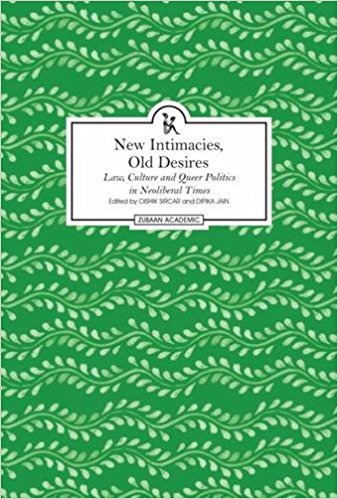This edited anthology is a timely intervention that aims to contribute to the body of scholarship on formations of desire and intimacy framed by the asymmetries of global contact and interpenetration. In order to establish the continuing potential of queer theory as a transformative body of knowledge this anthology brings together an impressive range of scholars from differing locations who analyse the links between law, culture and queer politics. What are the conceptual frameworks and methodologies made available through this book that can speak to academics in different parts of an unevenly linked world?
The opening article is Jasbir Puar’s reflection on the global travel of the concept of homonationalism as an ‘assemblage of de and re-territorializing forces, affects, energies and movements’ (Puar 2017: 3)—a significant analytic in which she positions the successes of LGBT rights movements at the expense of the expulsion of other populations. This book provides ample evidence of the impact of Puar’s intervention because ‘homonationalism’ is one of the key theoretical frameworks that is adopted by multiple scholars to varying effects.

